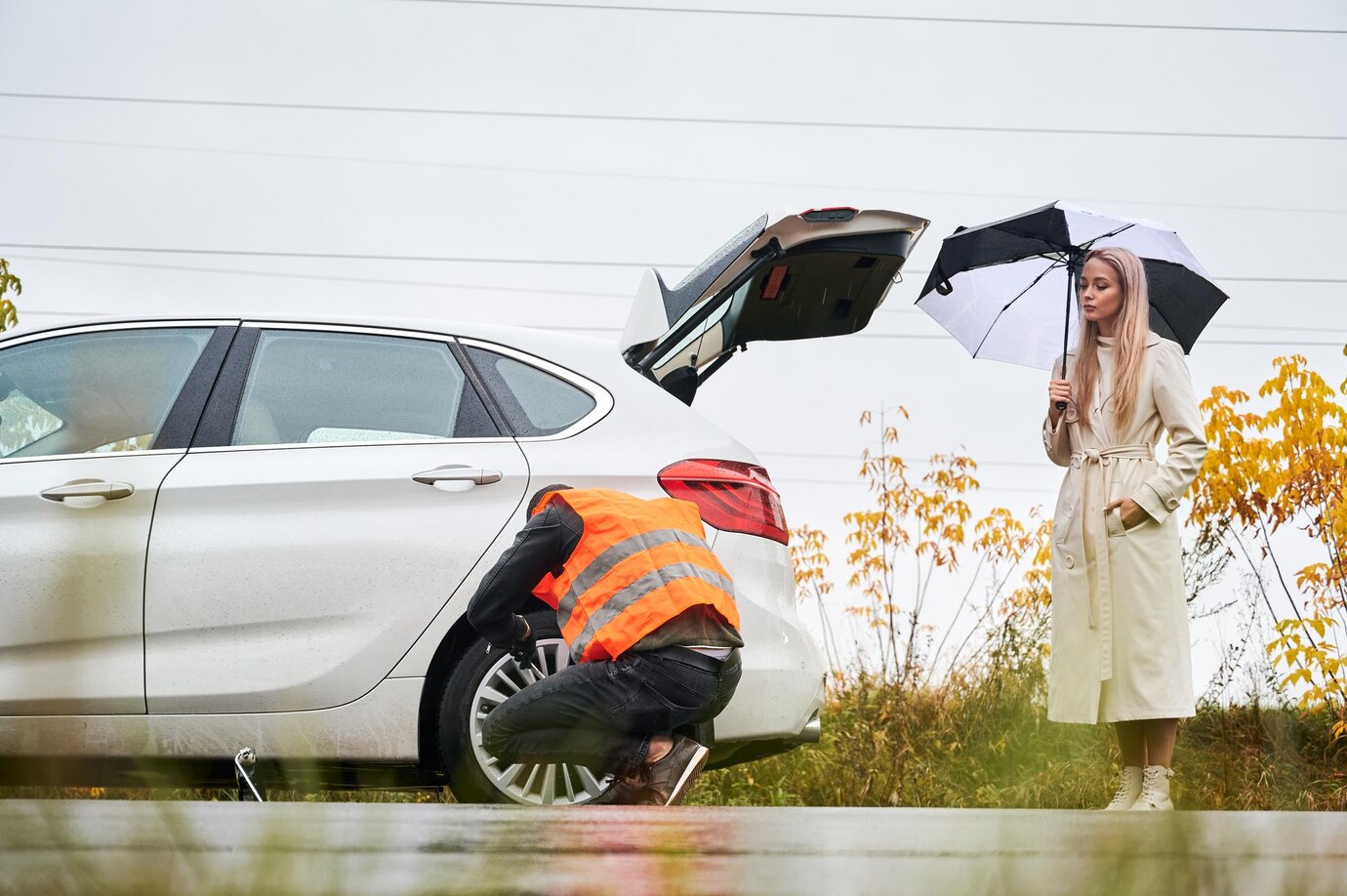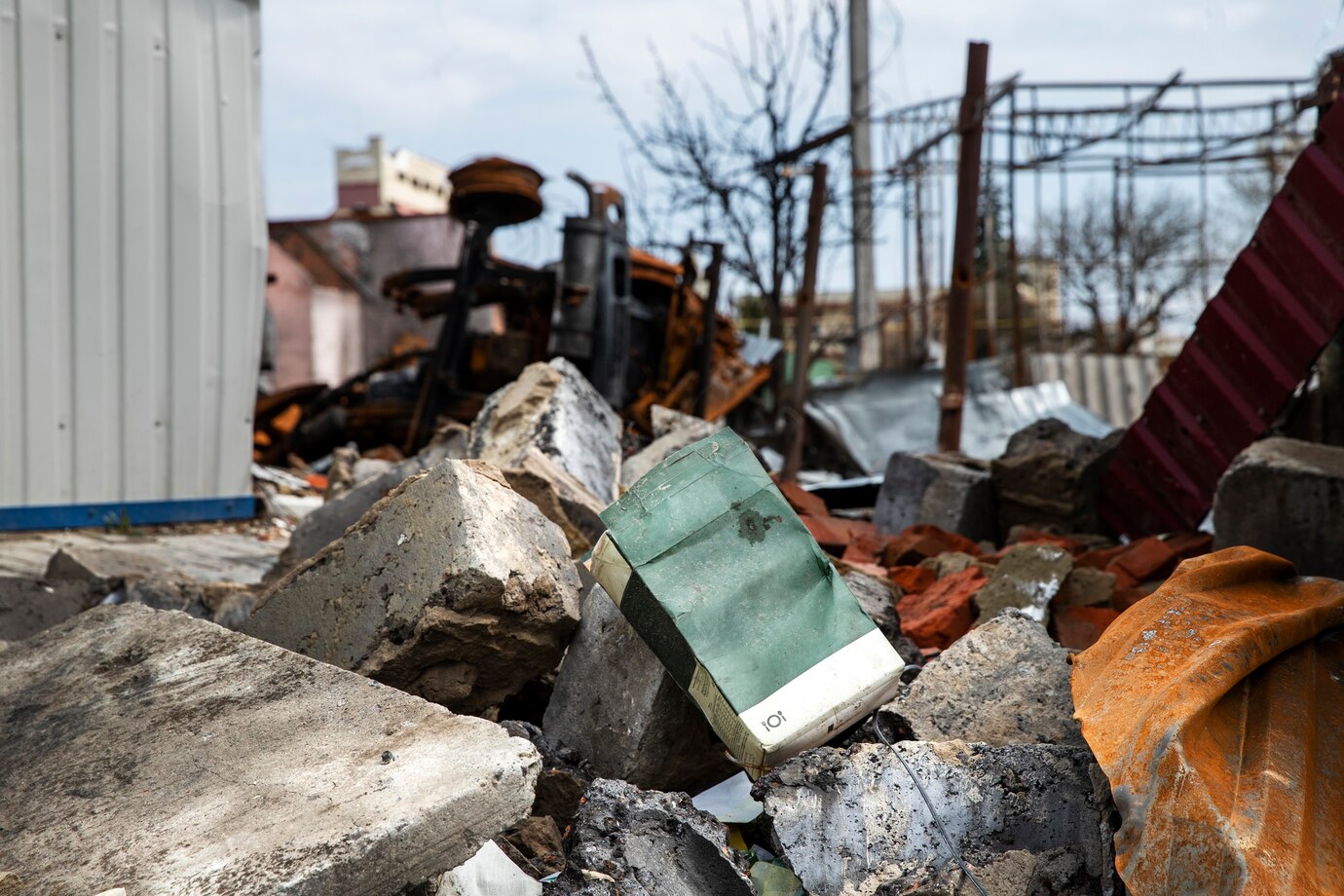A new year often means new wheels. Whether you’re upgrading your family vehicle or buying your first SUV for Colorado mountain travel, there’s more to car ownership than signing the paperwork.
Before you drive off the lot, make sure your insurance is ready. Colorado buyers face specific risks and costs—here’s what to check off first.
1. You Need Insurance to Drive Off the Lot
Colorado law requires proof of insurance before you can register a new vehicle. If you’re trading in a car, your existing policy may offer a grace period—but don’t rely on it.
Call your agent before you finalize the purchase. You’ll need:
- The VIN
- Lienholder (if you’re financing)
- Required deductibles from the dealership- yes, that’s a thing! (again, if financing)
2. Understand Comp and Collision Coverage
- Collision covers damage from hitting another car, tree, or guardrail
- Comprehensive covers fire, theft, hail, vandalism, and animal strikes
Together, these form what most people call “full coverage.”
If you’re financing or leasing, your lender will require both. Choose a deductible that balances your budget and risk.
3. GAP Coverage: The Most Overlooked Protection
Brand-new cars depreciate the moment you drive off the lot. If your vehicle is totaled early on, insurance only pays the current market value—not what you owe on the loan.
That’s where GAP (Guaranteed Asset Protection) coverage comes in. It pays the difference between your loan balance and what the car is worth.
Pro tip: You don’t have to buy GAP from the dealership. Your insurer might offer it for less.
4. Registration and Titling in Colorado
You’ll need to register your vehicle within 60 days of purchase. Requirements include:
- Proof of insurance
- Emissions test (depending on county)
- Secure and verifiable ID
- Payment of taxes and fees
Fees vary based on age, weight, and taxable value of the vehicle. Use the DMV’s calculator to avoid surprises.
5. Shop Insurance Quotes Before You Shop Cars
Premiums can vary significantly between models. A sports car or luxury SUV could double your rate compared to a sedan.
Before you commit, call your agent with a few options. They can help you compare insurance costs.
6. Bundle and Save
If you already have home or renters insurance, bundling with the same carrier can save 10% to 25%. Ask your agent to run a bundle quote while pricing your auto policy.
7. Consider Adding Roadside, Rental, and UM/UIM
These are often left out to keep the quote low, but they offer major protection, especially in Colorado’s unpredictable weather.
8. Review and Update Regularly
Just because your policy starts in January doesn’t mean it ends there. Set a calendar reminder to review coverage mid-year and again before your next renewal.











